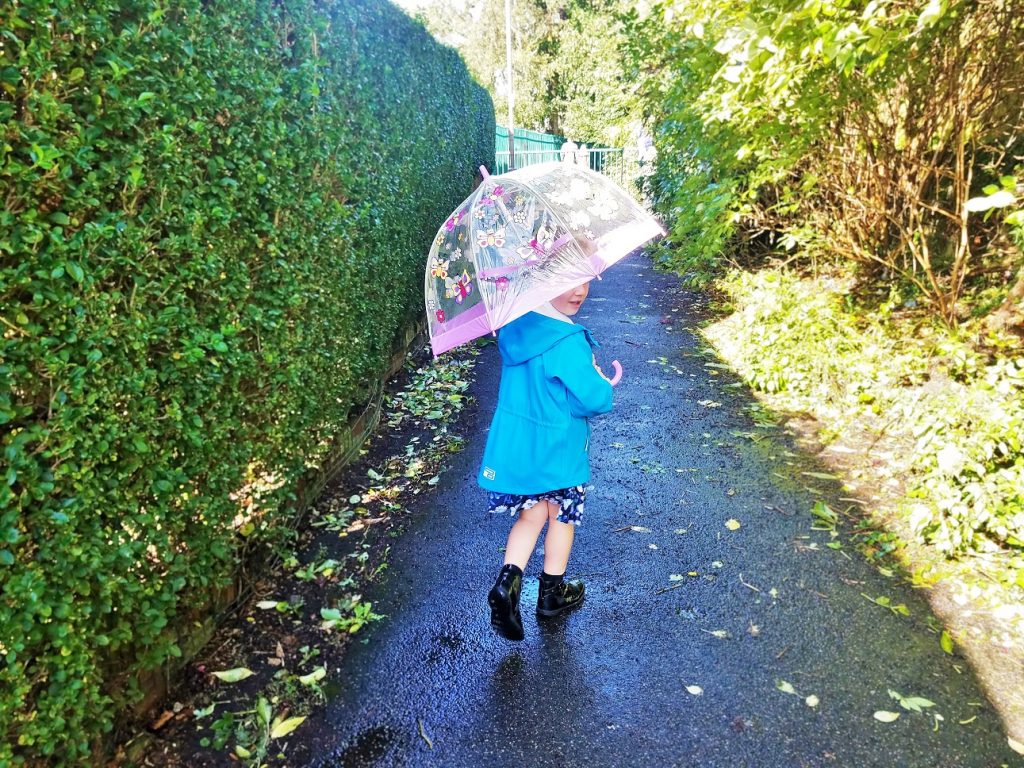
10 Steps To Try Before Saying “We’re going home”
We’ve all done it – “I have had enough!” you yell, as your child flatly refuses to sit down properly at the restaurant table. “We’re going home!”
Your child immediately has visions of being marched out into the car park, leaving their precious ice cream forlornly at the table… and decides that it’s time to do what mum says. They sit up straight, smile sweetly, and you all sink back into your restaurant booth to continue your meal, relieved that disaster has been averted for another day 5 minutes.
I’ve been there, and I’m sure you have too!
But is it really a fair way to get our kids to behave?

The punishment doesn’t fit the crime
We often jump straight from telling our kids to do something, to threatening to go home…!
This is a conversation I heard on the beach over the summer but I’m sure it will sound familiar to lots of parents.
Mum: Let’s put your sun cream on.
Son: No. I’m playing
Mum: Right we’re going home then.
Are those really the only two options?? Are you really saying that it’s a case putting cream on right this moment OR we’ll ruin this entire afternoon for everyone in the family?
The consequence is waaaay over the top!
Yes it’s important to put sun cream on. And yes it’s great that the mum refused to let her son get away without it BUT, in my opinion, it’s just not fair to take a child home after such a small incident. (Keep reading for some alternative approaches to this situation).

Threats are controlling not kind
So the child is left with two options: get his sun cream on or go home. Except, of course, the mother probably has no intention of going home. She isn’t going to ruin her afternoon for the sake of those three words, “No. I’m playing.”
It would be over-dramatic and ridiculous.
But she knows that threatening to go home puts the power in her corner. It reminds the child, in no uncertain terms, who is in control. And, if we’re brutally honest, it’s manipulative.
It strips the child of any autonomy – they know that if their parents decide to go home, they have to go too. The parent says it because they know they will get their own way.
That’s really not a kind way to treat anyone.

Discipline should be about training a child in a positive, constructive way, rather than breaking their spirit to force obedience.
It would be similar to your boss telling you to do the photocopying or she’ll dock your pay. Your boss is throwing her weight around to get you to do whatever she says. And you probably wouldn’t respect her much for going about it that way.
It is stressful living in an environment where someone is threatening and unpredictable. Children (and employees!) need to know that they are valued and will be treated fairly.
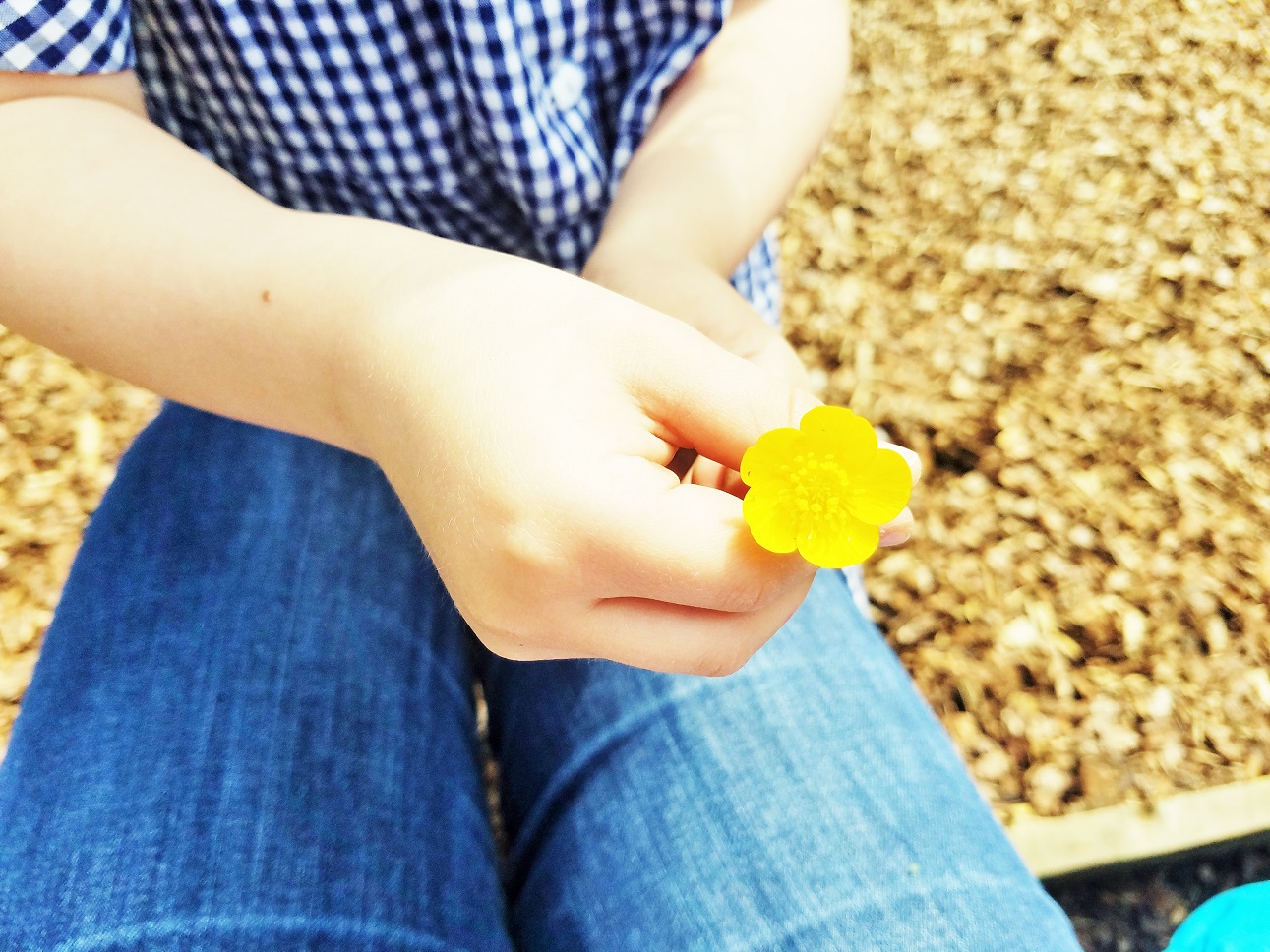
Call my bluff
But then we could have a scenario where the child decides to call their parents’ bluff… The “we’re going home” threat is used so often that it really has lost its meaning. They’ll work out eventually that you don’t intend to take them home so there’s no need to take a blind bit of notice.
This can make for a really miserable home life.
They’ve learnt that it doesn’t matter whether they behave well or carry on being naughty, their parents won’t go through with their threat. And so actually the balance of power shifts the other way – the kids realise they can carry on doing whatever they like.
Mum and dad need to nag before anything happens. They have to bargain with their kids, coax them, or yell at top volume before behaviour is modified.

Instead of “ We’re going home ” try this…
But family life really shouldn’t be a power play, with parents and kids fighting to be the one in charge. It should be a cooperative where both parties respect and support each other.
And the way to do this is to build a relationship based on trust.
The children need to know their parents will make fair decisions that are in everyone’s best interests. And the adults need to see their children as equal humans who deserve an explanation and, wherever possible, an opinion.
So here are 10 gentle parenting tactics to help create this trusting relationship:

Empathise
Try to put yourself in your kids’ shoes to imagine how they’re reading the situation – most kids would find it difficult to tear themselves away from the beach to get their sun cream. It’s not naughty – it’s an understandable behaviour.
Explain
Don’t just order your children around – explain why you want them to do something. We all find it easier to follow instructions when we know the reasons behind them.
It’s also much more respectful to explain yourself rather than thinking your child should obey simply because the words fell from your mouth.
Give a choice
Giving children a choice boosts their confidence because you’re saying, “Your opinion is important to me.” It’s a great way to show them respect and they’re more likely to do what you want because they’ve had a say in what’s going on.
So instead of just saying, “We’re going home,” the lady on the beach could have tried one of these questions:
- Do you want to get your sun cream on before we set off or once we’re at the beach?
- Do you want to sit on the blanket while I do your sun cream or shall I come to you?
- Do you want me to put your cream on for you or can you do it yourself?
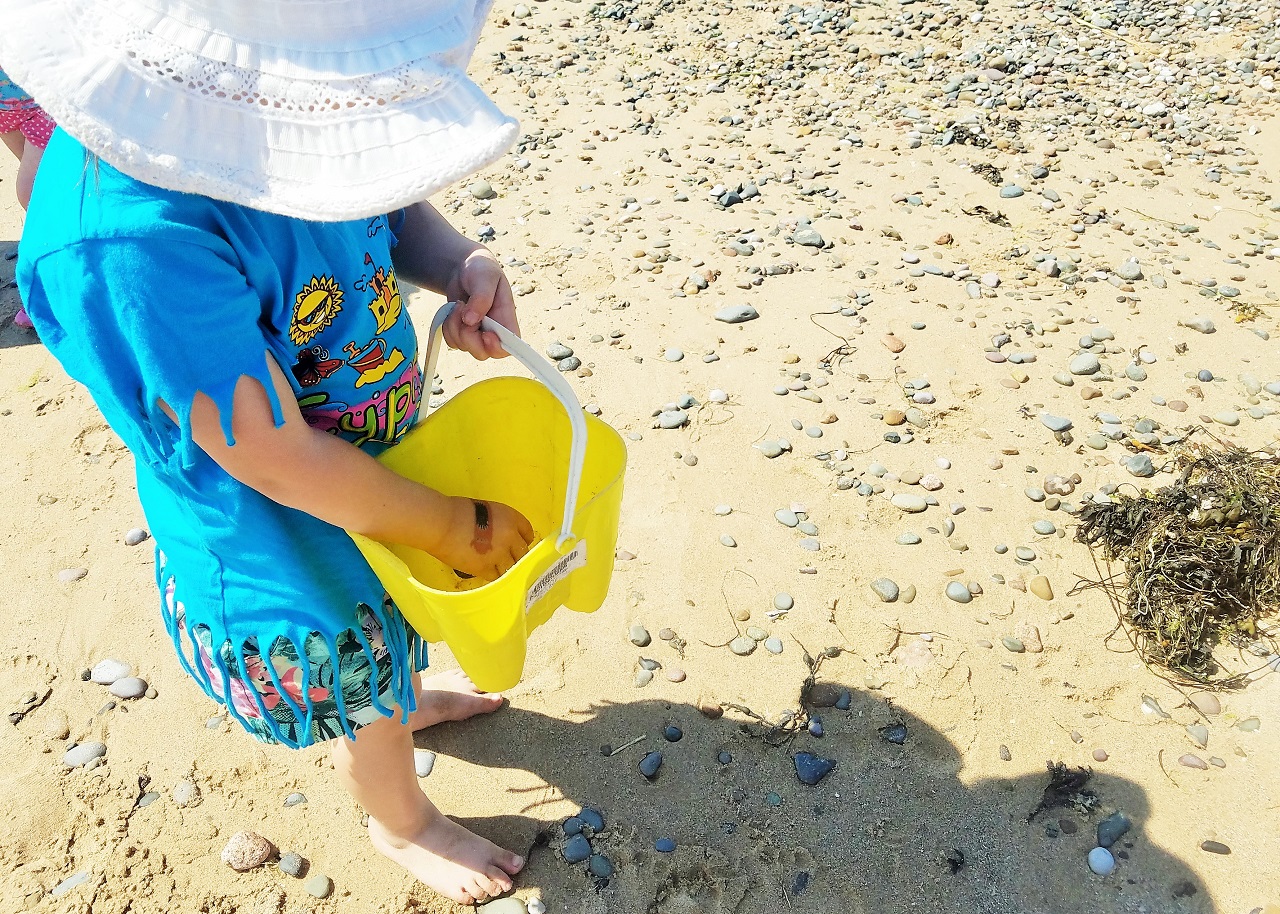
Stop and think
Before you issue a threat like, “We’re going home,” pause!
Only verbalise a consequence that you’re willing to go through with. If you don’t want to go home, then you need to think of an alternative consequence. (For advice on inventing effective consequences, click this link.)
Start small
Try to create a consequence that is fair and proportionate to your child’s behaviour, instead of a one-size-fits-all solution like “We’re going home”. Tie it in with empathy step – understanding why the child is acting up will help you work out what is a fair consequence.
For example, the mother on the beach could have tried one of these consequences instead:
- If you don’t come and get your cream on, you’ll have to sit with me for 5 minutes
- Come and get your cream on, or I’ll have to take that spade off you
- If you don’t come and get your cream on, you won’t be going in the sea
Give a warning
Except in the most extreme cases (e.g. biting another child), give your child a warning before starting any kind of consequence. This gives them a chance to self-correct their behaviour.
Let them know exactly:
- What you want them to do
- Why
- What will happen if they don’t (i.e. the consequence)
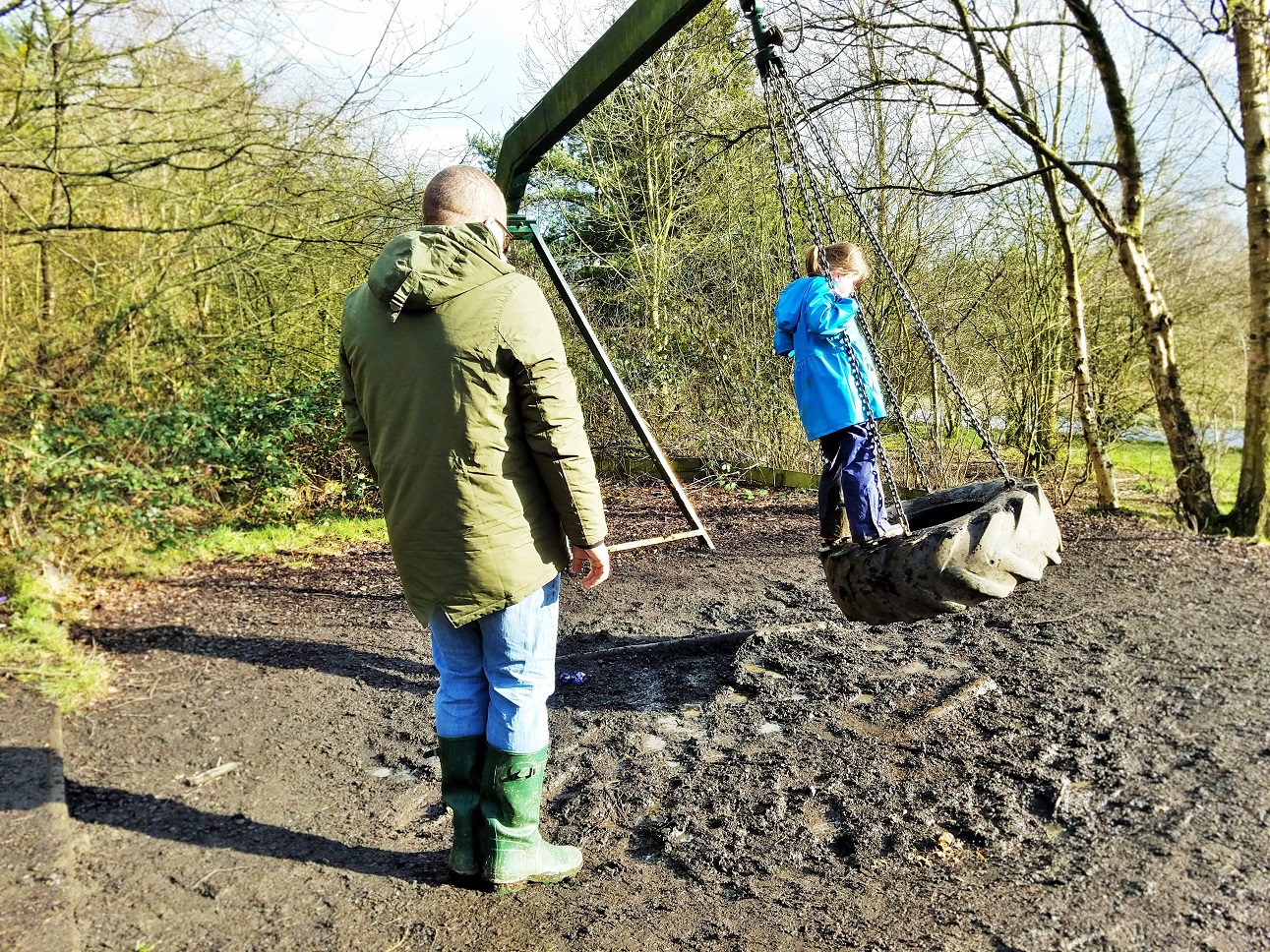
Follow through
If you issue a warning, you need to go through with it. That’s the only way your child will learn to take you seriously. And that’s why the “stop and think” step is so important – it allows you to consider what you’re willing to go through with before you make a verbal contract with yourself!
Ramp up
Don’t be afraid to increase the severity of the consequences if you have been through the cycle once and your child is still refusing to do the right thing. But remember to start at the top again and work through all the stages each time.
Remain calm
This is the really tricky bit – keeping your cool! Calmly let your children know your choices.
It’s hard to keep treating your child fairly and respectfully when they are refusing to cooperate. But discipline should always be carried out objectively, without letting frustration cloud your judgment.
Remember your child is learning – they are not the finished article. Try to keep in mind your role of nurturer, trainer, role model, etc.
Go home
And yes, sometimes you really will just have to go home to get your message across. If your child is repeatedly misbehaving, shock tactics like going home show them that you will not tolerate bad behaviour.
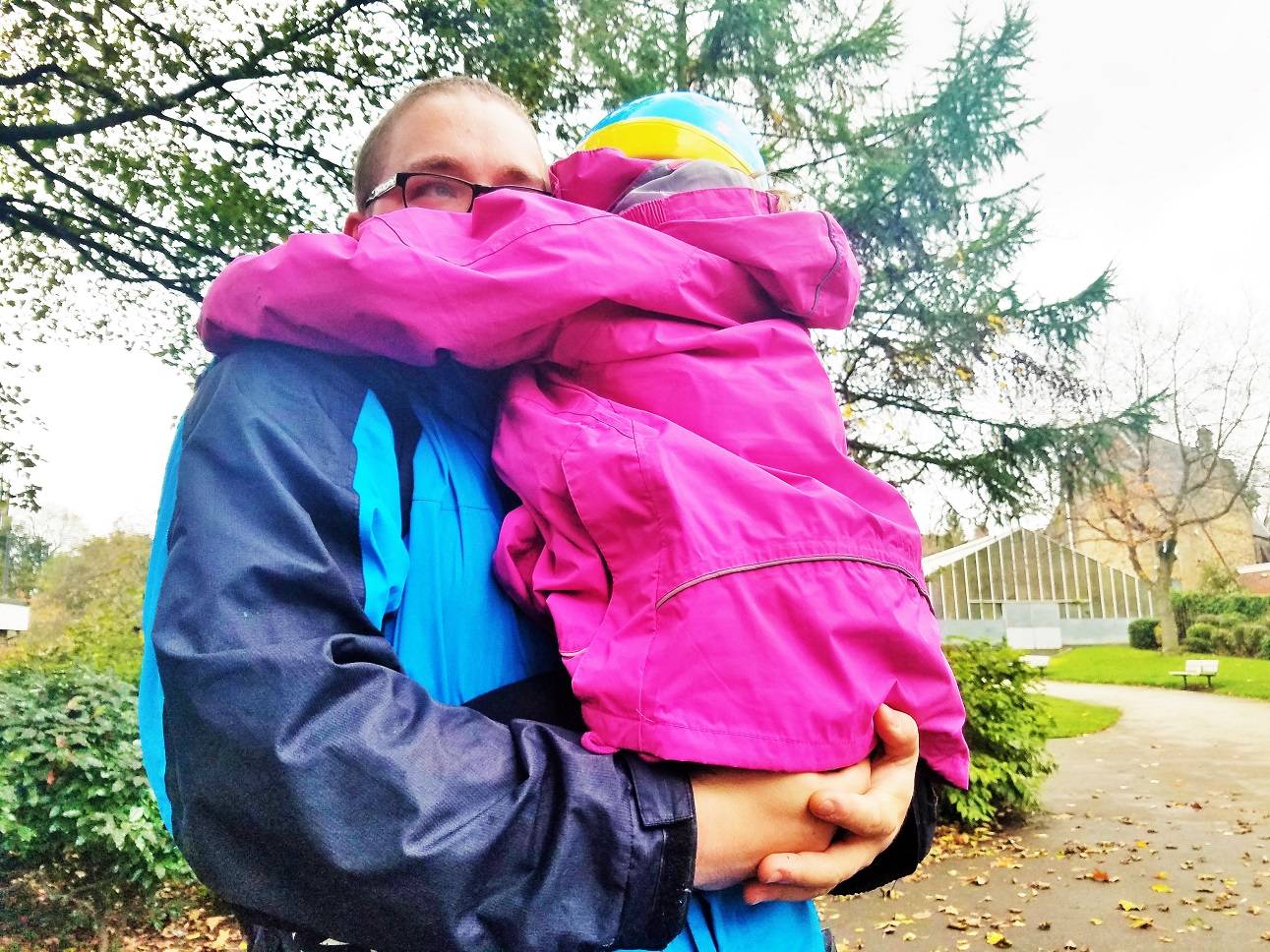
I hope you’ve found this post helpful. Be assured that none of us are perfect parents – we all lose our patience at times and say things that we regret. But the important thing is to keep trying to be the best parents that we can be, even if we mess up. xx
Have you ever issued a consequence you wished you hadn’t? Do you ever feel that you and your kids are in a power struggle? What do you do try and stay calm when your kids are acting up? Join the conversation by adding your comment below!
PIN it for later:
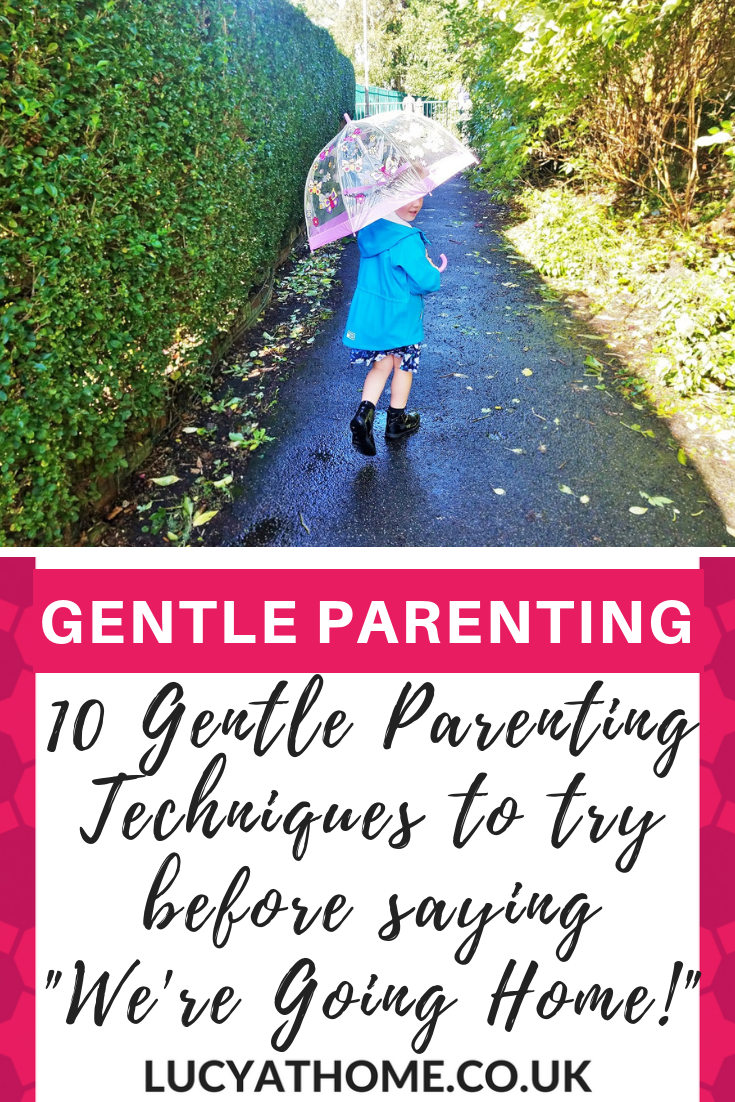

You know the thing I hear from many parents? they fail to follow through. That leads to all manner of problems. As for going straight from “put your sun cream on” to “we’re going home” that’s a ridiculous leap and it actually puts the kids in control. They then get to decide whether they’re going home or not. The option approach is, in my opinion, by far the best. Generally the approach I use. Thanks for hosting #blogcrush
You have hit on so many truths here. I so agree with your points. Explaining to children and giving them room to have some control is very important, I think. xx
Really good advice … I tried something along these lines with my 13-year-old son recently, and it definitely gave him food for thought … I know he took it on board; he just couldn’t admit it immediately #BlogCrush
This is such good advice that I am pinning it. I just need to remember to do it when my toddler is absolutely testing my boundaries. #BlogCrush
I totally agree on all you say. I have always put myself in my child’s shoes and thought about how they feel before getting them to do something necessary that they may not want to do. It really does help. I also have well behaved children that I feel comfortable taking anywhere because I know they won’t be naughty. Yet, some people still think I’m too soft on them! Surely their behaviour is proof that gentle parenting works? (and I realise this makes my kids sound like angels, which they are not, they do play up sometimes, but they also know when to stop!)
This is brilliant advice! In the heat of the moment it’s very easy to go from 0-100 without stopping to think is this really going to be the right move to make. I think you’ve hit the nail on the head about it being a learning curve that should be positive. Love it. #blogcrush (if I could have 2 blog crushes, this would be my other choice) xx
I know I have fallen into so many of those traps you mention, of not following through, of not remaining calm, of making the consequences way out of proportion. The worst is when you only give them two options and they point blank refuse to do either! I’ve been a mum for over 16 years and I’m still learning. Thanks once again for sharing some lovely tips Lucy #blogcrush
Man this is so real! My 3 year old can do so well some days and because she is advanced in her language skills I find we often expect more of her than I would the typical 3 year old and it is just not fair to her. I babysit some kids during the week and the power struggle with her when she doesn’t get her one on one time is real! #blogcrush
I have been guilty of this many times but yes, I have also tried the great tips you give and they work much better. I still fall into the trap though if I’m already agitated about something else. It’s a process of learning every day x #BlogCrush
Some excellent points! I cover a similar topic in “Why discipline is not punishment” – ultimately you have to follow through with a proportional penalty. When they know you mean business, life become easier – but as we both point out – it has to be appropriate!
Great post, Lucy. Sometimes I feel that struggle is real when I need to get them ready for bed in a timely manner and I’m in a rush. I think it helps to give them options or allow them to have some responsibility to ease the load off yourself and keep you from loosing your cool. I think about why they do certain things that make me mad and I know it’s just them being kids as I would do the same things if I were still a child. #BlogCrush
I am a big advocate of giving kids choices about their behaviour and actions . I’m no way supermum , but now the kids are older when I reflect back the two things that worked better than anything else with the little ones , and both are mentioned here , are a warning and then absolutely following through. leaving no doubts in the childrens minds that you will follow through #blogcrush
It’s always difficult to know what to do in the moment, but these are really handy tips. I think I may have let some of them getting out of hand as my toddler outmanoeuvres me in the negotiations (… especially when I’m tired) Good read! #BlogCrush
Such wise tips in this post. I think we need to get to a point in society where parents feel confident in what they are doing, where they feel less judged by others and more like society is generally on their side. I think this would make a huge difference so that the first response when a child is a child is to upsticks and go home. #BlogCrush
Brilliant. I am a huge softy when it comes to telling the girls (age 4 and 9) off, I try to talk to them then end up laughing….nightmare. Thankfully, our girls are very well behaved so the ‘daddy chat’ doesn’t happen very often. ♥️